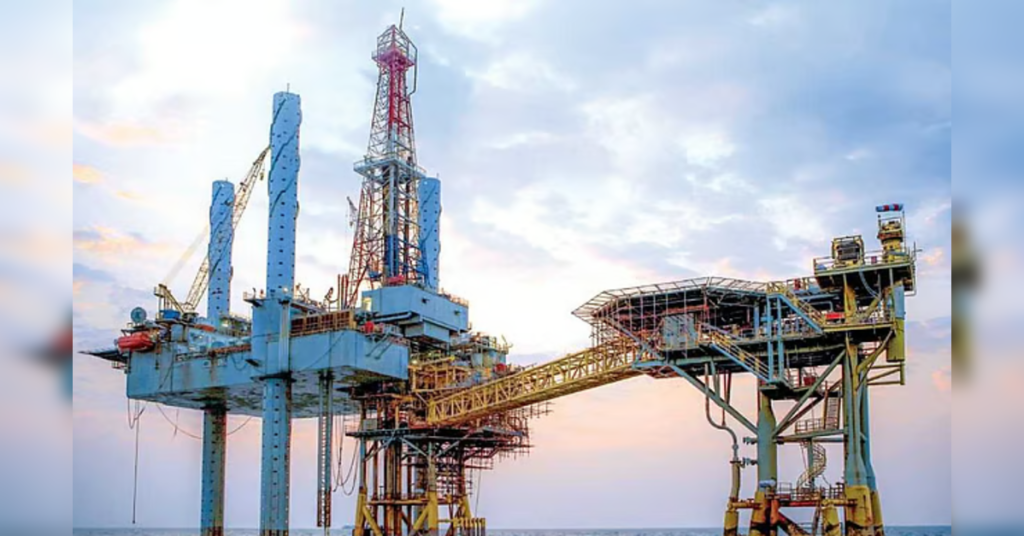
The government has directed state-run Oil and Natural Gas Corporation (ONGC) to assume interim operational control of an oil and gas producing block from Vedanta after rejecting the latter’s plea to renew the oilfield contract.
Vedanta, which produces about a fifth of India’s crude oil output, challenged the Centre’s move in the Delhi High Court on Monday. Justice Sachin Datta recused himself from hearing its plea, and the case will be listed before another bench on Tuesday, said people familiar with the matter.
This is the first instance of the government denying an oilfield operator’s contract renewal request. Vedanta’s plea for extension of its Barmer block in Rajasthan had also been held up for years, leading to multiple court hearings. While that contract was eventually renewed, its terms remain under judicial challenge.
ONGC is taking control of the CB-OS/2 block off India’s west coast as a government nominee following the directive, the state-run explorer said in a regulatory filing on Monday. The directive was a “purely interim measure taken by the government to maintain continuity of petroleum operations in public interest,” it said.
Safeguarding reserves
The move is aimed at “safeguarding petroleum reserves until the block is awarded to another party,” it said.
Vedanta held a 40% participating interest in the block, which currently produces 3,400 barrels of oil per day and 340,000 standard cubic metres of gas per day. ONGC and Tata Petrodyne, which hold 50% and 10% stake each respectively, are the other contractors for the block.
Vedanta, which operated the block until now, said in a statement that the field contributed “less than 0.3%” to its overall ebitda, downplaying the financial impact of the Centre’s move.
The consortium comprising Vedanta, ONGC and Tata Petrodyne was awarded the exploration licence for the CB-OS/2 block in 1998 under the pre-New Exploration Licensing Policy (NELP) regime and a mining lease in 2002. The block consists of the Lakshmi and Gauri fields.
Blocks awarded under the pre-NELP licensing regime can be renewed only with mutual consent between the contractors and the government. The contractors have to pay an additional 10% share of petroleum profit to the government during the extended period.
The latest denial comes at a time when the government is seeking to attract greater private and foreign investments into India’s exploration sector, which has been stagnating for years. A new law has been passed to address investor concerns over policy uncertainty, and a fresh exploration licensing round has been launched to draw interest to a sector that has seen no major discoveries and a sharp decline in oil output over the past decade.


